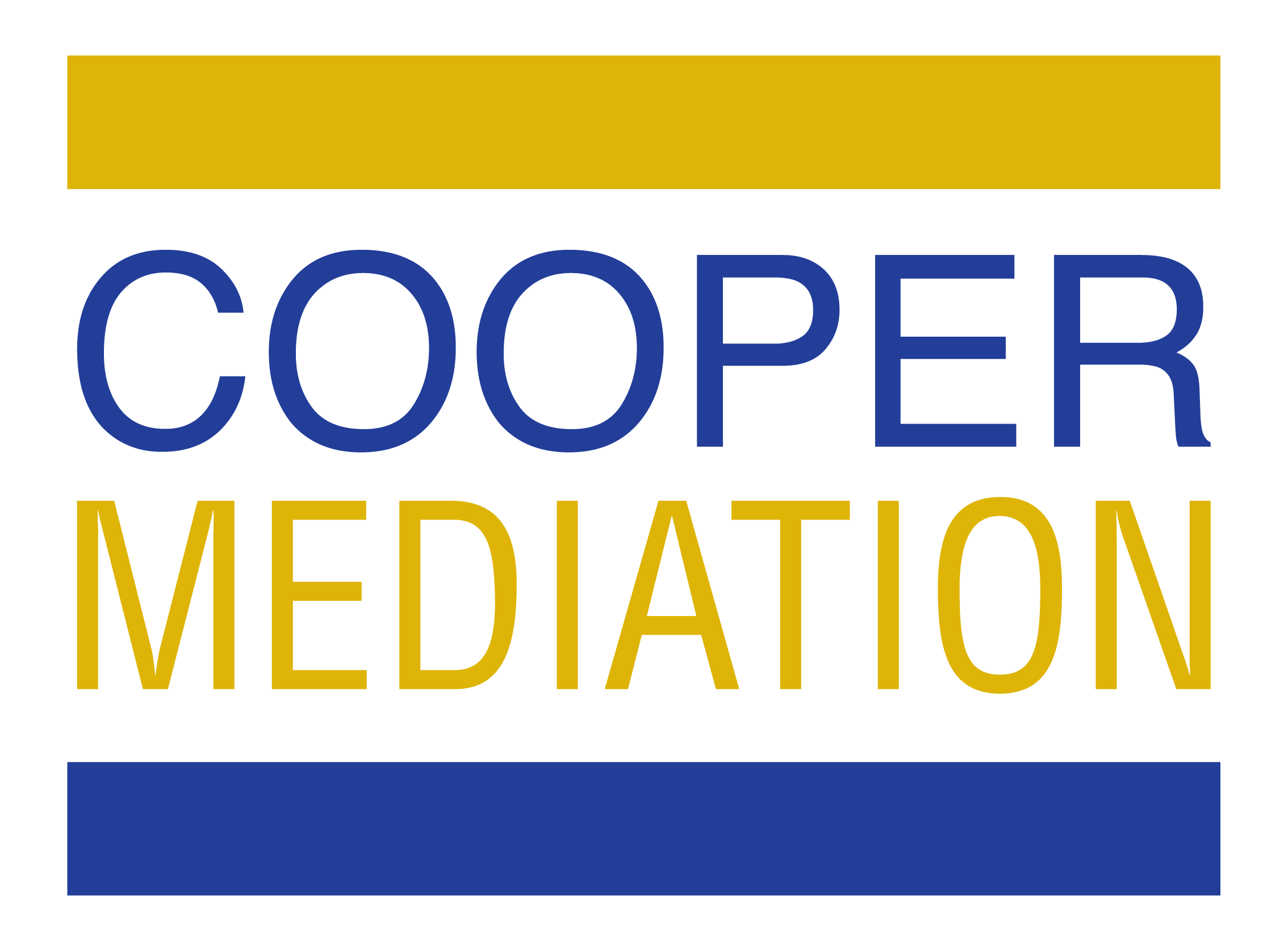
09 Feb Bad Apples at Mediation: Handling Difficult People and Bad Behaviour
Can one bad apple spoil the whole barrel? Not if you believe the Osmonds [please forgive the dated reference to pop music from days gone by]; if that bad apple shows up at a mediation in a sour mood and seemingly determined to derail discussions, it creates problems for everyone involved in the process.
Going into any mediation will likely be a tense situation for at least some of the participants. Resolving a disagreement naturally means there may be some friction, hard feelings or frayed pre-existing relationships. Moreover, you may also encounter some personality types you would otherwise try to avoid in your day to day life.
This blog post identifies some types of bad behaviour I’ve encountered in mediation, provides some examples of some difficult people who may be present, and concludes with some strategies to handle them in order to make your mediation sessions as productive as possible.
Difficult People
Everyone has the ability to be difficult in certain situations and to certain people, but it’s important not to fall into the trap of categorizing a person as a “difficult person.” Why? It leads to negative bias that is unhelpful in a situation where you must negotiate with this “difficult person.”
Instead, focus on the specific behaviour you find difficult and try to understand how the context of a situation may contribute to such behaviour.
As Roberta Cava writes in Dealing With Difficult People: “Learning to deal with difficult people involves learning how to manage your side of a two-way transaction.” Cava suggests that getting defensive or reacting to a “difficult person” by taking things personally is actually very counter-productive. Rather than concentrating on the personality sitting on the opposite side of the table, make a concerted effort to ascertain and deal with the issue driving the behaviour.
Bad Behaviours at Mediation
Generally, when someone is exhibiting bad behaviour at mediation, it tends to come across as passive behaviour, aggressive behaviour or a combination of passive-aggressive behaviour.
Examples of passive behaviour at mediation include being withdrawn, avoiding eye contact or otherwise removing one’s self from productive participation, negotiation and co-operation. On the other end of the spectrum, aggressive behaviours include yelling or shouting, attempting to dominate the discussion, or exuding an intimidating body language. Finally, passive-aggressive behaviours merge aspects of both behaviours to express hostility in less overt ways. For instance, a person exhibiting passive-aggressive behaviour may refuse to acknowledge another person or be rude or curt to them if they do acknowledge them, be obstinate and stubborn for no apparent reason, exhibit resentfulness or deliberately try to frustrate progress.
Strategies for Dealing With Bad Behaviour
While specific types of bad behaviours or difficult personality types may respond best to particular strategies, you shouldn’t have to get a degree in psychology before walking into a mediation to feel equipped for the negotiation and the experience. Here are some general tips for how to handle disagreeable or outright hostile people.
- Build trust and rapport based on the parts of an issue you agree on.
- Use active listening – avoid the temptation to interrupt and keep your cool if you are interrupted.
- Use structure to move from sticking issues that could derail larger talks.
- Try to demonstrate and exude positive and co-operative behaviour as a “mirroring” strategy.
- People tend to adapt and conform to the behaviour of those around them if it’s consistent.
- Be clear about the consequences of behaviour that is getting in the way of reaching a mutually agreeable resolution without blaming the other participant directly.
- Breathe – keeping calm and waiting out the bad behaviour by approaching from a place of compassion or understanding can allow things to resolve on their own.
Finally, realize that sometimes a person may feel or be legally obligated to be at a mediation when they have absolutely no intention of settling. If the strategies above aren’t paying dividends, don’t think you’ve failed if another person is determined not to succeed.
Conclusion
While these strategies will help you if you encounter bad behaviour at mediation, a good mediator will also have a tool kit ready to use if he/she notices problems arising. Always look to your mediator for advice or suggestions if the negotiation appears to be getting off track or bogged down.
ABOUT THE AUTHOR
 Vance Cooper is principal of Cooper Mediation Inc. Vance devotes 100% of his professional time to mediating and arbitrating primarily personal injury and insurance cases. He serves as an arbitrator in loss transfer and priority disputes under the Insurance Act.
Vance Cooper is principal of Cooper Mediation Inc. Vance devotes 100% of his professional time to mediating and arbitrating primarily personal injury and insurance cases. He serves as an arbitrator in loss transfer and priority disputes under the Insurance Act.
Vance can be reached at vance@coopermediation.ca or (647) 777-4011.
To schedule a mediation with Vance, visit: http://coopermediation.ca/vances-online-calendar/.
